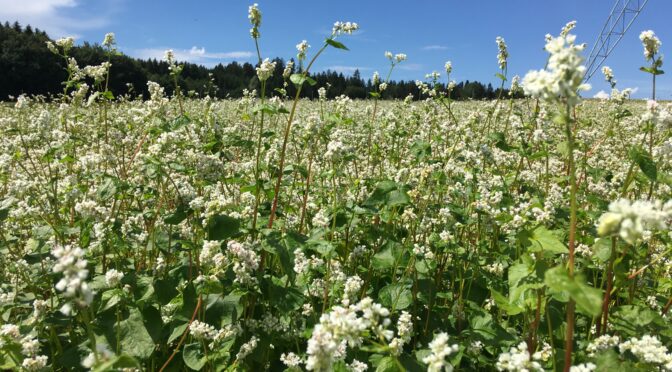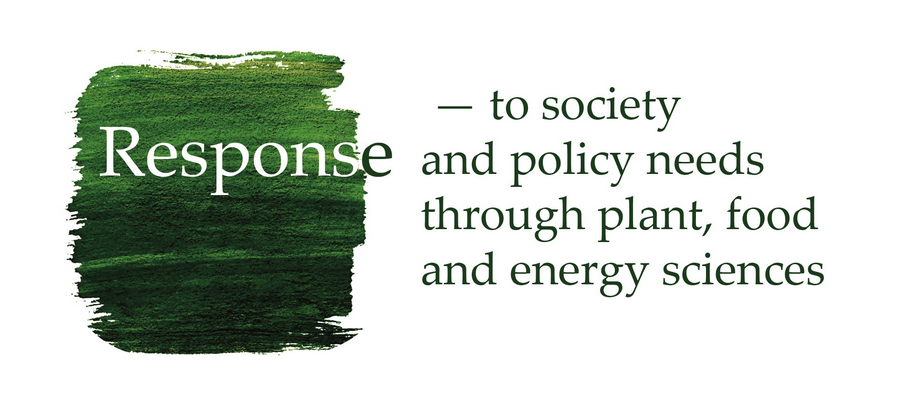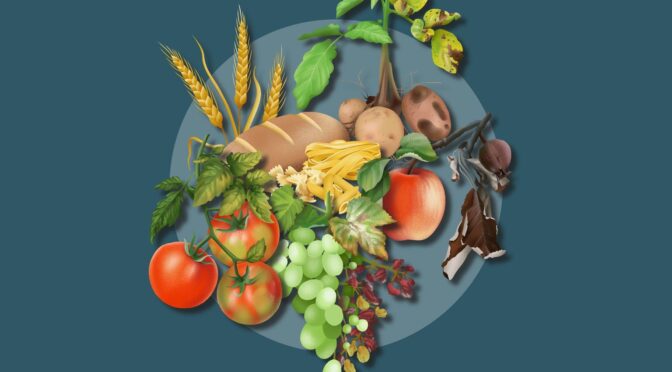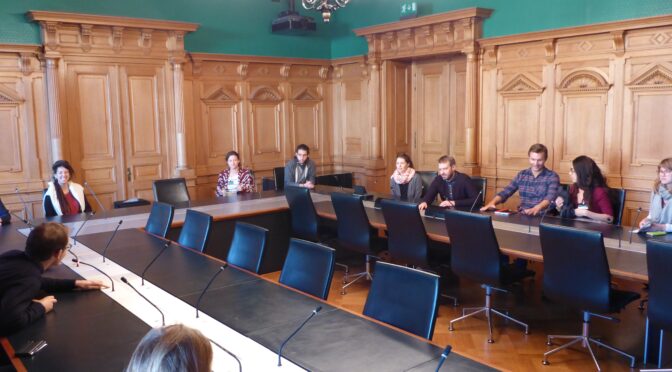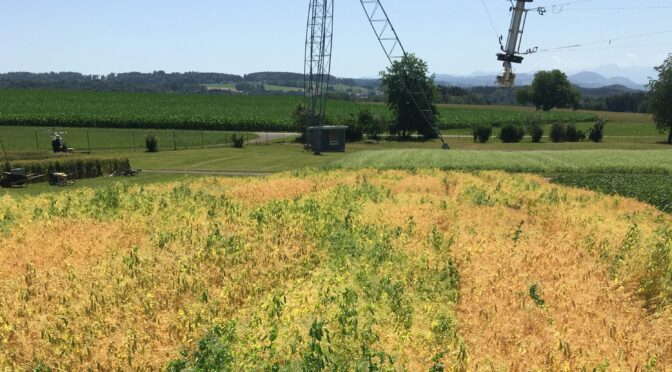Response Doctoral Program
26. September, 2023 – An diesem Fireside Chat des Zurich-Basel Plant Science Center und des Franxini Projekt diskutieren wir, was es für die Landnutzung in der Schweiz bedeuten würde, wenn die an der COP15 formulierten Biodiversitätsziele schweizweit umgesetzt werden. Zusammen mit Vertreter*innen aus Wissenschaft, Politik, Verwaltung und Wirtschaft besprechen wir mögliche Lösungen in einem offenen Austausch.
An der 15. UN-Biodiversitätskonferenz (COP15, 2022) in Montreal, Kanada haben sich alle 195 Staaten darauf geeinigt, dass 30% der Land- und Wasserflächen dem Lebensraum- und Artenschutz vorbehalten sein sollen. Der vorgesehene Zeithorizont für die Umsetzung ist 2030.
Spannende Expertenbeiträge geben einen Überblick darüber, wo die Schweiz heute steht.
Dr. Eva Spehn, Akademie der Naturwissenschaften (SCNAT) – COP15 in der Schweiz: Ökologische Infrastruktur und Nutzungskonflikte
Prof. Dr. Maria Santos, Universität Zürich – COP15, Biodiversität und Ökosystemdienstleistungen – Eine internationale Perspektive
Danach wird in interdisziplinären Kleingruppen diskutiert, wie die Schweiz 2030 aussehen wird, nachdem die Biodiversitätsziele erreicht werden. Unter anderem fragen wir uns: Welche Herausforderungen und Lösungen für die Biodiversitätskrise zeichnen sich ab? Wie können wir Arten und Lebensräume schützen, trotz des steigenden Bedarfs an Flächen für die Nahrungs-, Futtermittel- und Energieproduktion und auch Wohnraum?
Der Franxini Fireside Chat, in Zusammenarbeit mit dem Zurich-Basel Plant Science Center, bietet der Diskussion einen ergebnisoffenen, neutralen Rahmen und bindet vielseitige Interessen und Hintergründe mit ein.
Die Veranstaltung findet im Rahmen von “RESPONSE – to society and policy needs through plant, food and energy sciences” statt und wird über das EU Rahmenprogramm Horizon 2020 (GA 847585) finanziert.


